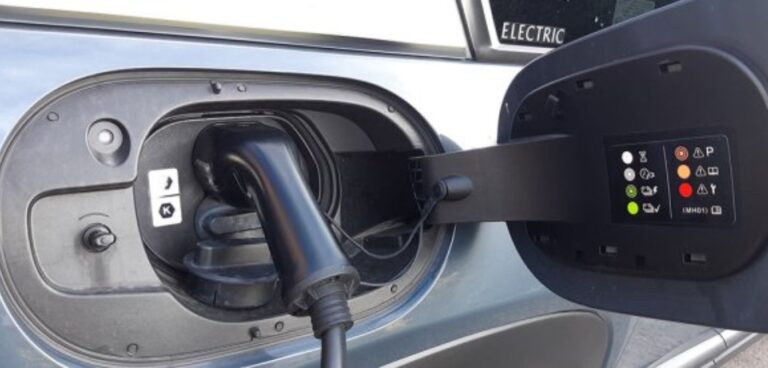North Yorkshire County Council has said that there is a ‘wealth of work’ underway to transform travel across the county to reach its environmental targets and significantly reduce carbon emissions.
Among the announced plans are those to improve the county’s current network of public electric vehicle charging points and investigate how more of the local authority’s fleet can be electrified.
Some of the county’s challenges in electrification include the ‘deeply rural’ nature of some parts of the county, the level of grid connection and capacity available and the high number of residents who rely on on-street parking.
Greg White, councillor and executive member for climate change, said: “We are committed to carbon neutrality, setting ourselves the target of achieving this by as close as possible to 2030.
“In July, we declared a climate emergency.
“This followed years of work to cut our carbon footprint, resulting in a significant reduction across the authority of 55% since 2015.
“We are working to continue this reduction to meet our 2030 ambition.”
The council intends to consult the public on a draft electric vehicle infrastructure roll-out strategy later in 2022.
Earlier this year, the council successfully bid for more than £2m from the UK government’s Local Electric Vehicle Infrastructure Fund (LEVI) pilot scheme.
The council intends to use the money to supply 70 chargepoints with battery storage powered by renewable energy, which it will install across the county at rural locations that might be expensive or undesirable for private sector operators. Further bid opportunities are expected to open in 2023.
The authority also succeeded in a joint bid with Harrogate Bus Company to the government’s Zero Emission Bus Regional Areas fund (ZEBRA) to improve commercial bus services.
As a result, in the next two years, 20 new single deck and 19 double deck electric buses will be introduced on routes in the Harrogate area, which will include the four air quality management areas in Ripon, Harrogate and Knaresborough. The council expects this to result in immediate air quality improvements.
Currently, the local authority’s fleet consists of more than 400 vehicles. Some 10 electric vehicles are reportedly on order for its fleet of pool cars.
Overall, this work more widely aligns with the transport proposals in the devolution deal for York and North Yorkshire announced this summer, which includes a five-yearly transport settlement for the region to accelerate growth, electric vehicle charging infrastructure and zero-emission public transport vehicles.





